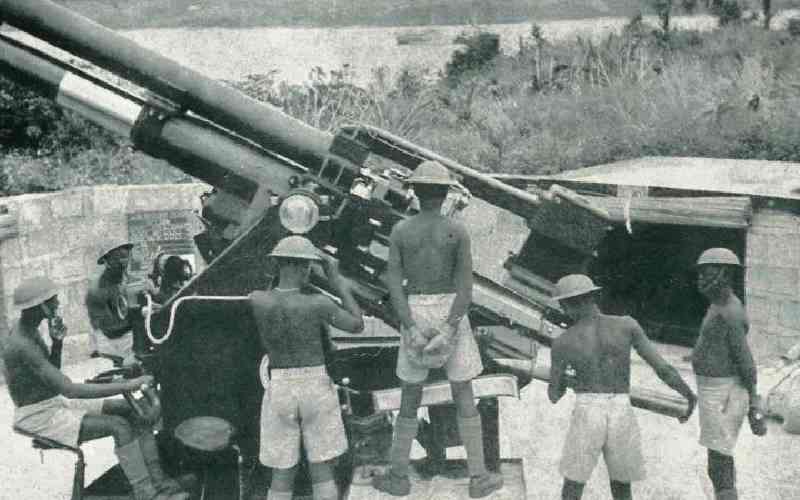×
The Standard e-Paper
Fearless, Trusted News

When a British passenger ship carrying 1,400 passengers sank near Hebrides, Scotland, the cries of the drowning women and children reached Nairobi.
The incident involving the German soldiers on September 4, 1939, had far-reaching consequences for some villagers who had possibly never seen a ship.